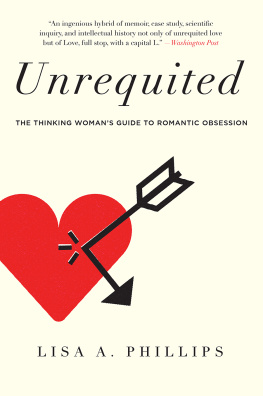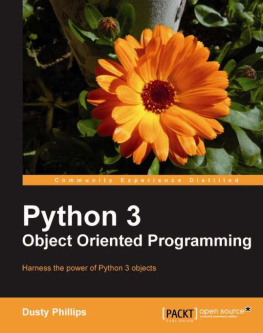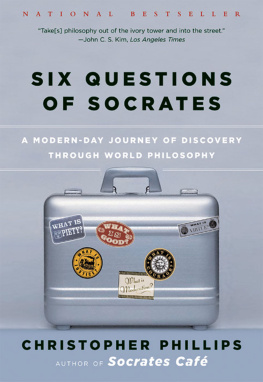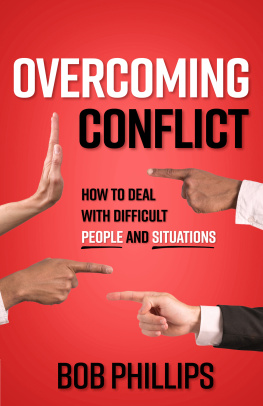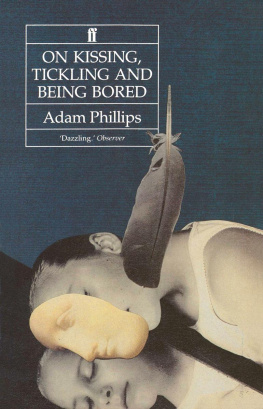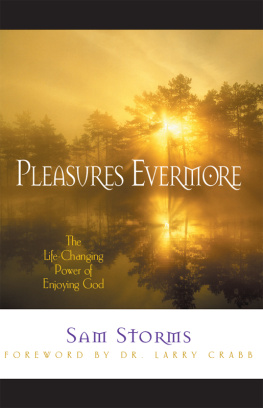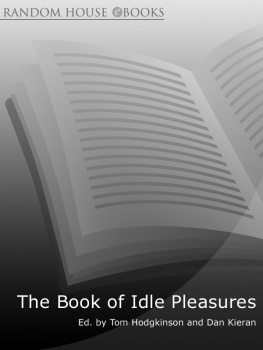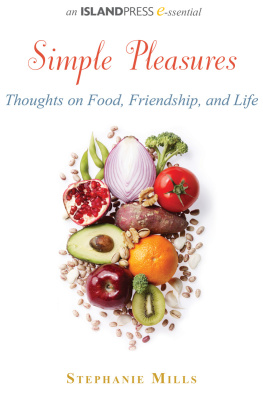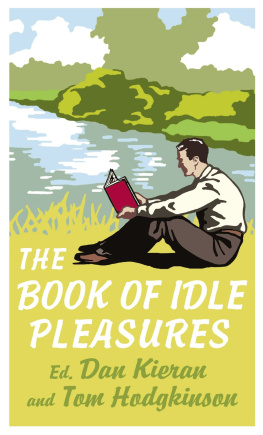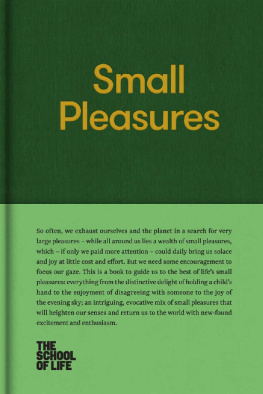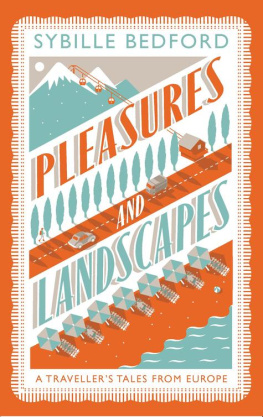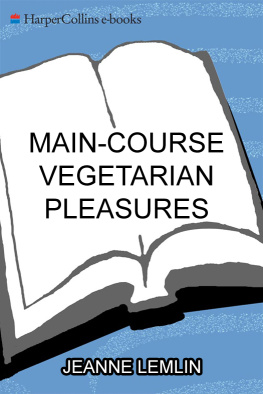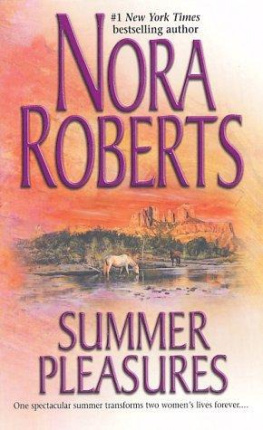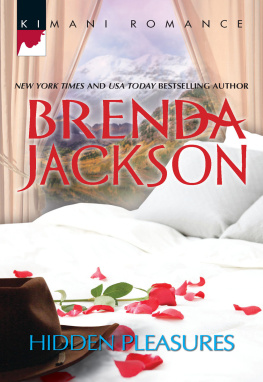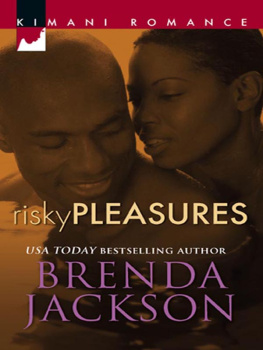Phillips - Unforbidden pleasures: rethinking authority, power, and vitality
Here you can read online Phillips - Unforbidden pleasures: rethinking authority, power, and vitality full text of the book (entire story) in english for free. Download pdf and epub, get meaning, cover and reviews about this ebook. City: New York;NY, year: 2016, publisher: Farrar, Straus and Giroux, genre: Religion. Description of the work, (preface) as well as reviews are available. Best literature library LitArk.com created for fans of good reading and offers a wide selection of genres:
Romance novel
Science fiction
Adventure
Detective
Science
History
Home and family
Prose
Art
Politics
Computer
Non-fiction
Religion
Business
Children
Humor
Choose a favorite category and find really read worthwhile books. Enjoy immersion in the world of imagination, feel the emotions of the characters or learn something new for yourself, make an fascinating discovery.

Unforbidden pleasures: rethinking authority, power, and vitality: summary, description and annotation
We offer to read an annotation, description, summary or preface (depends on what the author of the book "Unforbidden pleasures: rethinking authority, power, and vitality" wrote himself). If you haven't found the necessary information about the book — write in the comments, we will try to find it.
Unforbidden pleasures: rethinking authority, power, and vitality — read online for free the complete book (whole text) full work
Below is the text of the book, divided by pages. System saving the place of the last page read, allows you to conveniently read the book "Unforbidden pleasures: rethinking authority, power, and vitality" online for free, without having to search again every time where you left off. Put a bookmark, and you can go to the page where you finished reading at any time.
Font size:
Interval:
Bookmark:
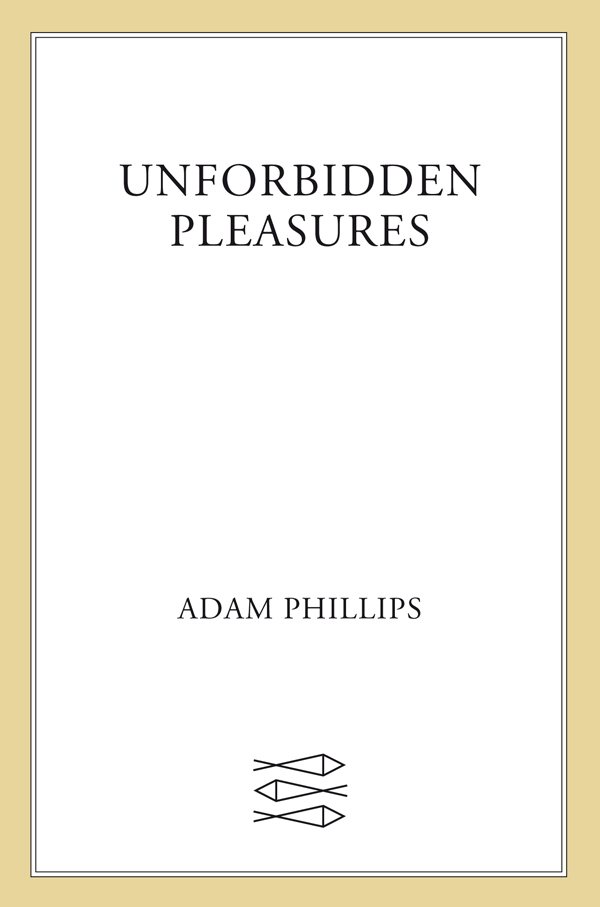
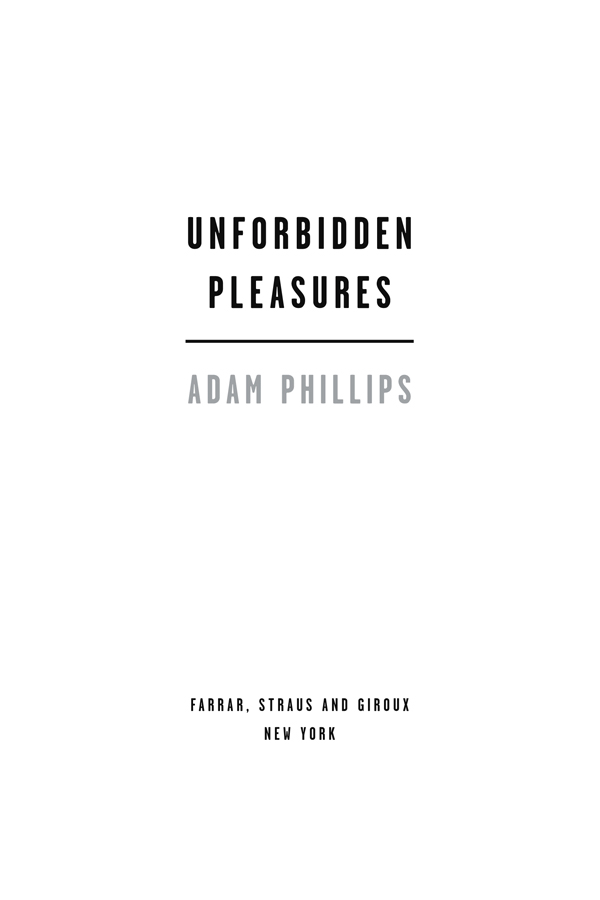
The author and publisher have provided this e-book to you for your personal use only. You may not make this e-book publicly available in any way. Copyright infringement is against the law. If you believe the copy of this e-book you are reading infringes on the authors copyright, please notify the publisher at: us.macmillanusa.com/piracy.
For Judith
to define is to distrust.
Laurence Sterne, The Life and Opinions of Tristram Shandy
This has caused me the greatest trouble and still does always cause me the greatest trouble: to realize that what things are called is unspeakably more important than what they are.
Friedrich Nietzsche, The Gay Science
I suffered
a terrible hangover
of faith.
Olena Kalytiak Davis, It Was a Coffin That Sang
A child always, in part, wants even to be weaned.
Edna OShaughnessy, The Absent Object
We seem never to ask Why do you know? or How do you believe?
J. L. Austin, Other Minds
I
When Oscar Wilde famously said that the problem with socialism was that it took up too many evenings, he was reminding us that there may always be things we care about more than the things we care about most; and that, however much we care about something, there are always other things that we want to do. That, inevitably, there is something forbidding about socialism; it may want us to give up too much. Just like any of our commitments there is much that it excludes, and much that it rejects. Whatever we permit ourselves we are forbidding ourselves something else. All our ideals for ourselves all our aims and aspirations and beliefs are by definition restrictive. And that is their point and their purpose. But for Wilde, in this all too ordinary fact we cant do everything, believe everything, love and desire everyone there is a troubling and absurd selective inattention. We may be a little too keen to make the necessary sacrifices; we may relish giving things up. Indeed, we may do what we do because of what we have to give up in order to do it.
Something is made possible or so it seems, Wilde intimated by making many other things impossible; or even unthinkable, inconceivable. And yet we are strangely haunted by some of the things and people we are persuaded to exclude. To forbid something is to make it unforgettable (children must not cross the road without looking; adults must not think too much about sex, or the wrong kind of sex). At its best and at its worst to forbid is to coerce attention and to guarantee interest. It is to arrange a haunting. We must always be mindful, somewhere in ourselves, of what we have been forbidden, of what we have forbidden ourselves; being out of control is the way we tend to describe our doing of these forbidden things; though it does not follow that when we do unforbidden things we are in control. It is, in fact, only because we have created forbidden things that we have created the idea of being in control. Our ideas and experiences of pleasure have been muddled by being associated with control. So when we speak of unforbidden pleasures, we should note, we no longer need the language of control, of discipline and punishment. We can forget about those particular words. This is what Wilde was referring to when he wrote, in The Critic as Artist (1891), We teach people how to remember, we never teach them how to grow. We may not be able to teach people how to grow, but in order to grow there are things you need to be able to forget.
It is, of course, Wildes point that socialism interferes with sociability. And that, by implication, we can use commitment, conviction, strong belief and, Wilde will assert, morals and purposes to narrow our minds (and stunt our growth). As though there is always a temptation, or a desire, to forget the multifariousness of our pleasures; to simplify (and sanitize) our hedonism in the service of traditional safeties; the forgetting of pleasures being one form that the renunciation of pleasure can take (the one formalized by psychoanalysis). As though we are always laying down the law for ourselves, and the law forces our attention (tells us what we should and shouldnt be looking at, who we should and shouldnt be listening to). We are taught to remember everything except our pleasures, Wilde implied. And this is where art comes in: All art is immoral, Wilde said, and so it is in art that we recover our real pleasures; we recover everything morality forces us to renounce. What Wilde called recognising no position as final means not taking the forbidders too seriously; that is, not taking them on their own terms. Significant changes in manners and morals periods of significant change in personal and cultural history always involve the redescription of previously forbidden desires. One way or another the forbidden becomes the less forbidden, or even the unforbidden, and so provides a different kind of pleasure (we are released into enjoying previously forbidden things in different ways: released into what Kathleen Stewart calls, in Ordinary Affects , a new tangle of potential connections). And some forbidden pleasures remain just that, forbidden, because our lives would be intolerable otherwise. But we should, Wilde suggested, seek out the immoral in order to see what we think and feel about it, and this is where art comes in. We need to be able to think and talk about where our real enjoyment is, and why it might be where it is. We need to find out whether we can replace what we should enjoy with what we do enjoy.
Wilde wondered why we were so impressed by, so serious about, forbidden pleasures; why, that is to say, we might want to be intimidated by morality and tantalized by pleasure, and to so relish suffering the consequences of our renunciations. If we could believe, if we could live as if, as he put it, Aesthetics are higher than ethics Even a colour-sense is more important, in the development of the individual, than a sense of right and wrong, he believed our lives would be better. We might, for example, be able to enjoy living in a world of unpredictable consequences, or of what Bernard Williams calls moral luck, if we preferred aesthetics to ethics. Ethics is prophetic, Wilde implied, in a way that aesthetics need not be; it is prescriptive, it aspires to determine causes and consequences. It attempts to predict the future. By telling us what our lives should be like, morality often claims to be telling us what our lives are really like (even though we are often left feeling that we are failing to live our lives as they really are). What would our lives be like, Wildes heroes want us to imagine, if we found the forbidden a little less forbidding; if we used the idea of forbidden pleasure to think with, rather than to stop our selves thinking (or talking)? Perhaps the whole idea of forbidden pleasure brings out the worst in us. What could our lives be like if we took seriously what Walter Pater Wildes erstwhile aesthetic hero wrote in his 1866 essay on Coleridge: Hard and abstract moralities are yielding to a more exact estimate of the subtlety and complexity of our life. The implication being that the subtlety and complexity of our (modern) lives are not suited to hard and abstract moralities.
What became known as the Aesthetic Movement in England in the later nineteenth century broadly speaking, the work of Pater and Wilde and their rewriting of the work of John Ruskin, John Henry Newman and Matthew Arnold and the romanticism that preceded them we can see now as, among other things, an attempt to change an inherited vocabulary; of finding a new way of describing what we are doing and not doing by following a rule (as though we might decide what we want to inherit, and what we want to do with our inheritance: in this case the inheritance of moral vocabularies, of rules and manners, and the forms of life they intend for us, as they speak on our behalf). The Aesthetic Movement, David DeLaura wrote in Hebrew and Hellene in Victorian England , was a serious and respectable attempt to provide fullness of life to a society increasingly aware, as Arnold put it, that the immense inherited system of institutions, established facts, accredited dogmas, customs, rules, fails to correspond to the wants of modern life. An attempt by these late Victorians, as Arnold was to put it in his essay Democracy, to gain a more vivid sense of their own life and activity. If, instead of the words good or right (or sacred) we use the words beautiful or pleasurable or enlivening though not, for Wilde, the other late-nineteenth-century candidates useful or profitable how would our lives be different? Once the power of redescription is acknowledged, words like true, good, right, sacred and, of course, forbidden are among the first casualties. You change the conventional absolutes by changing the conventions. Another way of saying this a less earnest, more casually pragmatic, way is: forget certain words and use less familiar ones instead, and see what happens. If, as Pater wrote, habit is a form of failure, we should try out new habits, different ways of speaking.
Font size:
Interval:
Bookmark:
Similar books «Unforbidden pleasures: rethinking authority, power, and vitality»
Look at similar books to Unforbidden pleasures: rethinking authority, power, and vitality. We have selected literature similar in name and meaning in the hope of providing readers with more options to find new, interesting, not yet read works.
Discussion, reviews of the book Unforbidden pleasures: rethinking authority, power, and vitality and just readers' own opinions. Leave your comments, write what you think about the work, its meaning or the main characters. Specify what exactly you liked and what you didn't like, and why you think so.

